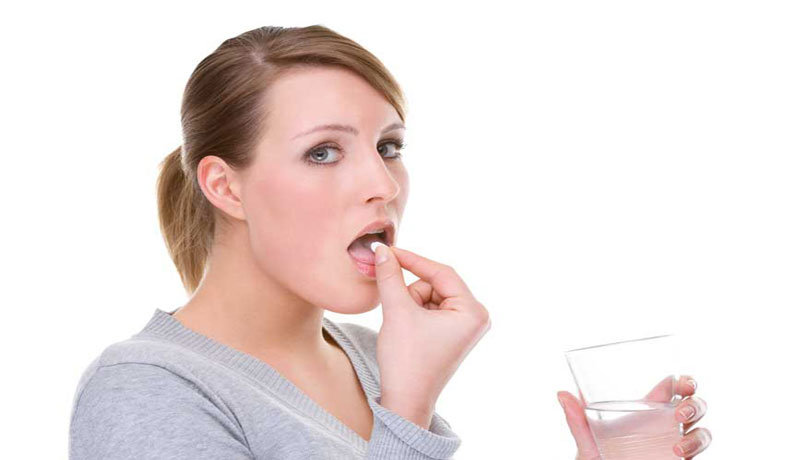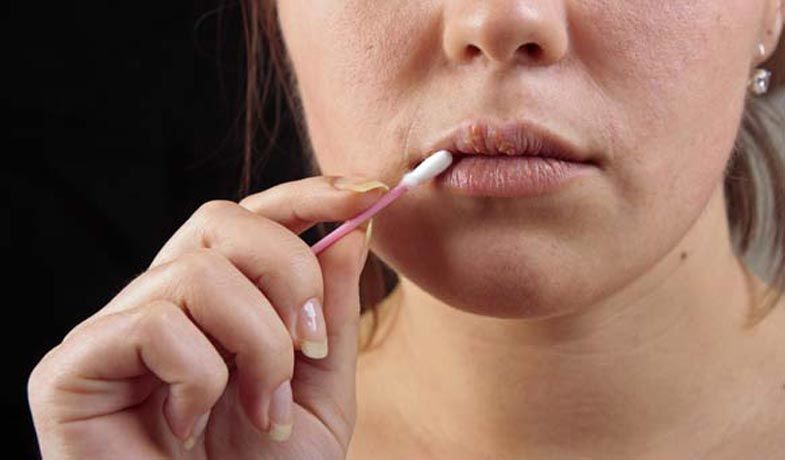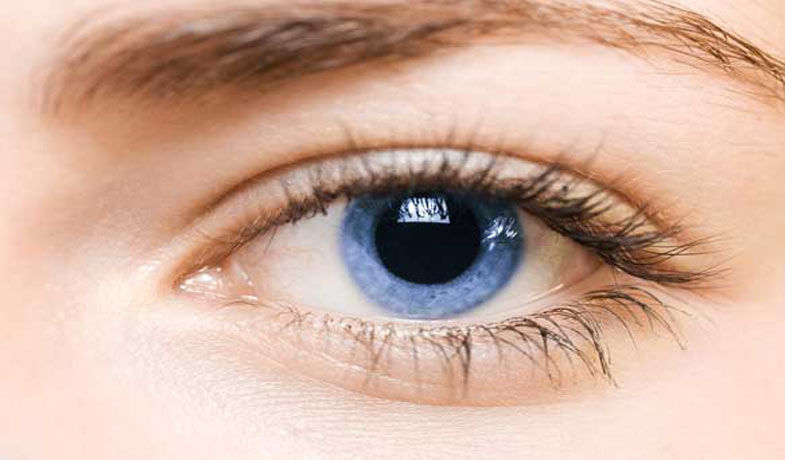Some medications, like alcohol, are broken down by the same elimination system in the liver. However, this system is already so busy breaking down alcohol that the drug continues to circulate in the body and cannot be excreted. This intensifies and prolongs the effects and side effects of the drug. The consequence is a lack of concentration, which reduces the ability to react.
Other drugs are characterized by the fact that they act on the same points of attack in the body as alcohol. As a result, they increase each other’s (side) effects. This group mainly includes sleeping pills and sedatives, antidepressants and other psychotropic drugs. Other medications whose effects may be increased by alcohol include narcotics, blood pressure medications, insulin, and oral antidiabetics. If you take them in combination with alcohol, blood pressure may drop, breathing may be impaired, saliva flows more and body temperature may drop. There are also medications that, when combined with alcohol, can cause increased irritation of the gastrointestinal tract. These include pain relievers, potassium salts and iron supplements. Patients who take painkillers after drinking a lot of alcohol are at risk of stomach bleeding. Medications that can inhibit the breakdown of alcohol in the body include antibiotics and diabetes medications. The consequences can be nausea, headaches, low blood pressure and heart palpitations.
In addition to alcohol, some medications also have their effectiveness impaired if taken together with certain foods and drinks. Antibiotics have no effect or only a limited effect if they are taken with mineral water containing calcium and milk or if you consume dairy products such as yogurt or cheese immediately before or after taking them. This leads to clumping in the gastrointestinal area, which means the medicine can no longer be absorbed. The body can only partially utilize bisphosphonates, which help with bone metabolism disorders, if they are taken with milk. Antibiotics from the gyrase inhibitor class should not be taken with coffee, black, green or mate tea or cola. These increase the effects of caffeine and lead to insomnia, nervousness, restlessness and palpitations.
Painkillers taken with grapefruit juice cause palpitations and heart arrhythmias. If you combine the juice with sleeping pills, it can lead to conditions similar to intoxication. The effect of medications that lower blood pressure is so increased that circulatory collapse is possible. Fiber-rich foods, such as whole grain bread, raw food products or muesli, slow or prevent the absorption of numerous chemicals, including pain relievers. When used with oral contraceptives, licorice can cause hypertension, edema, and potassium deficiency. Anticoagulant counters, so-called anticoagulants, are foods that contain vitamin K. The vitamin is essential for blood clotting and can neutralize the effects of medications. And be careful when taking the pill together with St. John’s wort. St. John’s wort accelerates the degradation of the pill, which impairs its contraceptive effect.





